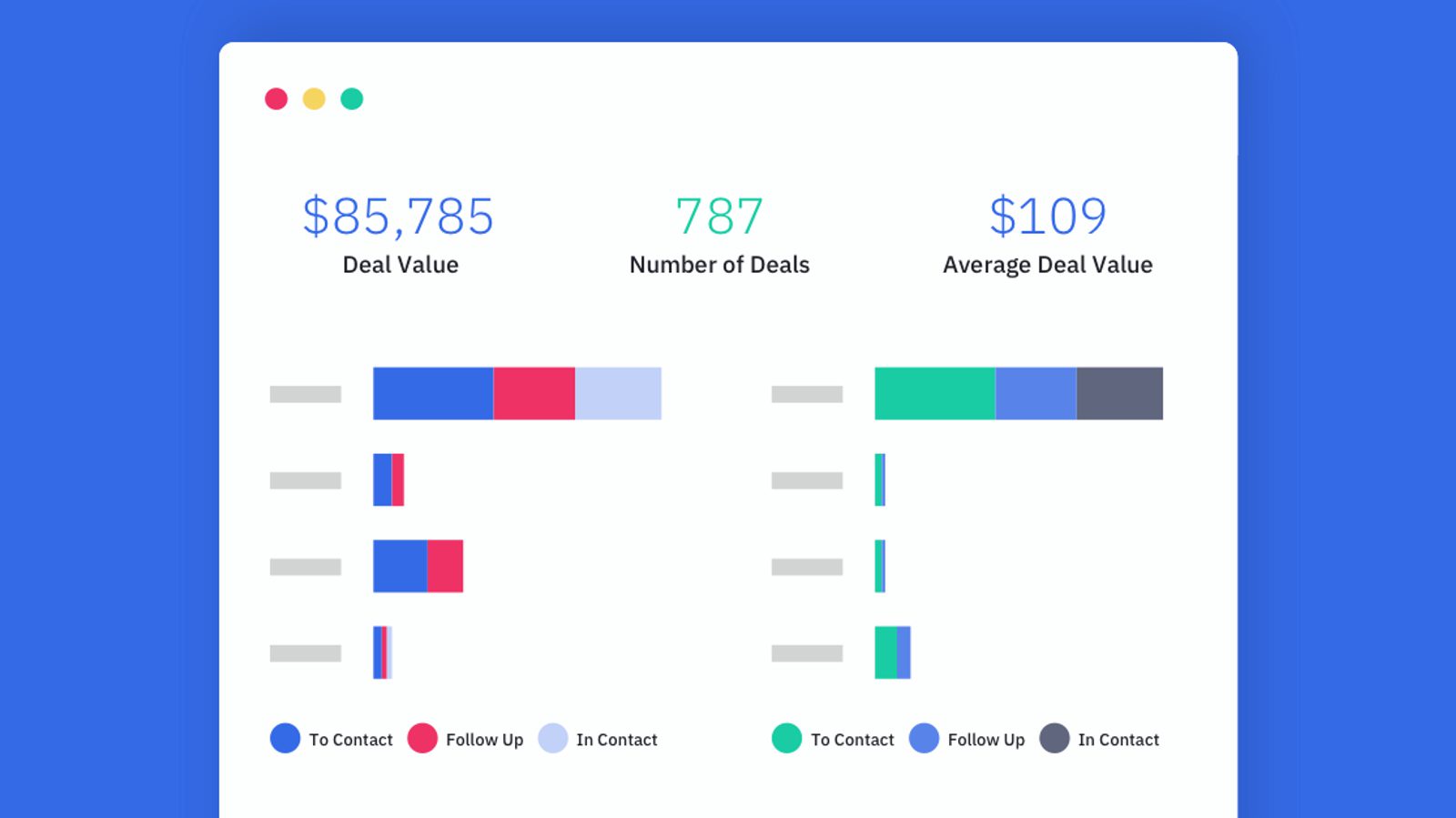- Close more deals (because you've done better prospecting, made more cold calls, and spend your time on the best leads)
- Have a higher conversion rate (because you know who to focus on, and you've practiced converting them)
- Improve the bottom line (because a weak sales month is a weak business month – and when everyone hits quota, your business thrives)
- Spend the first hour prospecting
- Qualify prospects more effectively
- Treat calls like face to face meetings
- Batch the time you spend responding to email
- Send more precise emails
- Spend more time up-front on research
- Understand your ideal customer profile
- Clean up—or automate—your CRM
- Use automated lead scoring
- Improve sales training and onboarding
- Understand your sales measurement
- Reward jobs well done
- Encourage referrals
- Align sales and marketing
1. Spend the first hour prospecting
- Outbound email
- LinkedIn outreach and research
- Cold calls
“Spend the very first hour on prospecting. There is nothing more important to being productive than creating new opportunities. Productivity in sales is measured in opportunities created and won. Everything else is necessary but not sufficient to generating the outcomes by which productivity in sales is measured.”
If you don't prospect well, lead velocity will slow down. You'll waste time on worse leads – and run out of the great leads you need.Close more deals with smarter sales automation
2. Qualify prospects more effectively
If you’re chasing up weak prospects, you’re going to waste a lot of time on “zombie leads” that never become customers.In your sales strategy, it’s crucial to define what qualifies a lead—from both a marketing and sales perspective.In other words – who should your sales team spend time talking to?If you've ever asked "what is the best way to boost sales efficiency" – this is the best way. Stack the deck in your favor by nurturing or filtering leads who aren't a good fit.Some type of lead scoring or qualification system is crucial. The factors you might use include...
- What industry the contact is in
- How big the lead's organization is
- The annual contract value (ACV)
- Whether the lead has made a contact request
- The specific pain points the lead has given you
- Firmographic information, either collected from the lead or pulled from a data enrichment platform like Clearbit
- Engagement with specific calls to action
- Order page visits
Collecting information about prospects through forms, behavior segmentation, and data enrichment can give you all the information you need before you waste time on weak leads.
3. Treat calls like face to face meetings
4. Batch the time you spend responding to email
- You may need to do outreach that can't be automated (via a tool like oureach.io or Ninja Outreach).
- You may need to follow up on meetings or phone calls (your CRM should be able to send notes, reminders, and tasks for this).
5. Send more precise emails
- Identify the goal of an email
- Figure out the process that will accomplish that goal
- Explain the process in detail so that everyone understands it
- A few times that work for you
- A suggested location
- A phone number to reach you at (eliminate back and forth)
6. Spend more time up-front on research
- What features and benefits should you emphasize?
- What are the concerns that may prevent this specific prospect from converting?
7. Understand your ideal customer profile
8. Clean up—or automate—your CRM

- Your CRM is messy, so multiple people are working on the same deal – and the hand-off goes poorly
- Sales reps working in the field can't find the information they need on their phones
- You need to spend time – for every deal – digging through your CRM to find the relevant information
- Notes you take during a call might never be seen by anyone ever again
9. Use automated lead scoring
- Are you following up at the right time?
- What’s the exact moment a marketing qualified lead become a sales qualified lead?
10. Improve sales training and onboarding
11. Understand your sales measurement
“Many people in the sales force think that working longer and harder will somehow magically equate to more sales. This idea could not be more wrong. Working on too many things at one time, being unclear about goals and not understanding your metrics may have you working hard. But not working effectively.”








